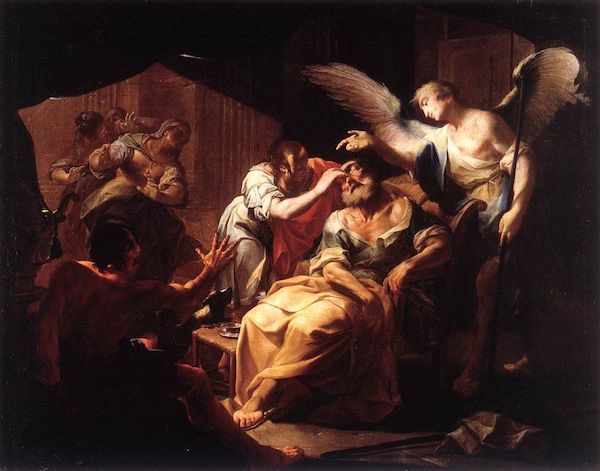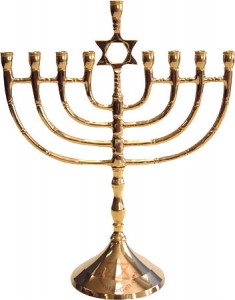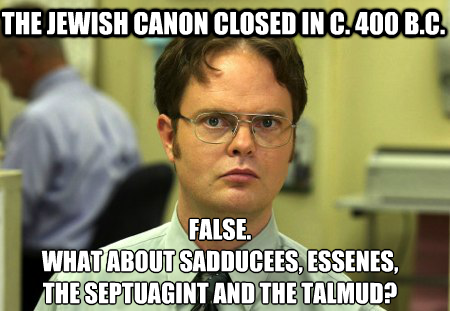A Sunnydale Funeral


Back in 2017 I was an avid listener to Buffering the Vampire Slayer, a podcast where the hosts would discuss each episode of Buffy the Vampire Slayer in turn. As a teenager I had rather enjoyed the campy movie starring Kirsty Swanson and, although I was suspicious at first, I soon came to really enjoy the TV series starring Sarah Michelle Gueller.
Buffering Mail…
I listened to the first few episodes of the Buffering the Vampire Slayer while I was walking the Camino, and I even sent them an email which they read out on the show. I eventually wrote to them again, this time after listening to Episode 3.08…
In that episode of Buffy the Vampire Slayer, there is a funeral. In their commentary episode, the podcast hosts where shocked to hear the word “Hades” mentioned in the reading at the graveside. They were shocked because the context was clearly Christian, yet the hosts associated the word with the occult. They wondered out loud what Christian denomination this might be.
To the library!
I sent them an email pointing out that the text comes from the first chapter of the Book of Wisdom, also known as The Wisdom of Solomon:
“…because God did not make death, and he does not delight in the death of the living.
Wisdom of Solomon 1:13–15
For he created all things that they might exist,
and the generative forces of the world are wholesome,
and there is no destructive poison in them;
and the dominion of Hades is not on earth.
For righteousness is immortal”
I went on and explained that the word “Hades” was simply the Greek name used to describe the realm of the dead. In Hebrew, the word is “Sheol” which is translated in English as either “the grave” or “the dead”.
The fact that this reading comes from the Book of Wisdom gives us a big clue as to the Christian denomination of the person conducting the burial. The Wisdom of Solomon belongs to a collection of books known as the Deuterocanon which was removed from the Bible at the Reformation in the 16th Century. It therefore most likely isn’t a Protestant funeral (Lutheran, Baptist etc.). That pretty much leaves either Catholic or Eastern Orthodox and, given the appearance of the priest, I’d say he it’s a pretty safe bet to assume he was Catholic.
Here’s the clip of the hosts reading out my email on their mailbag episode:



 Today I’d like to ramble a little bit about the subject of “friendship” as it has been on my mind recently. In fact, one of my
Today I’d like to ramble a little bit about the subject of “friendship” as it has been on my mind recently. In fact, one of my 


